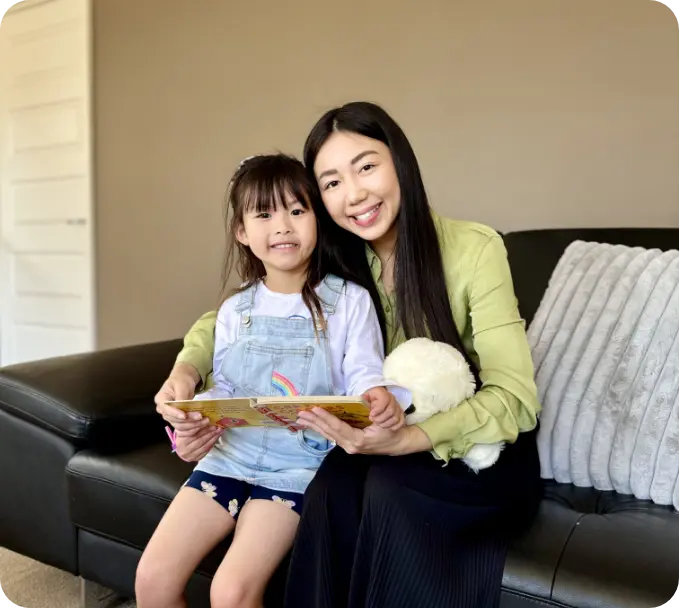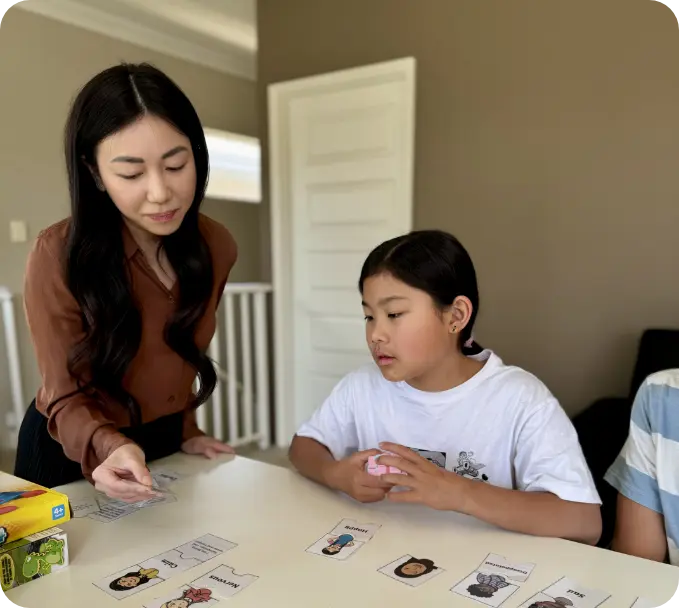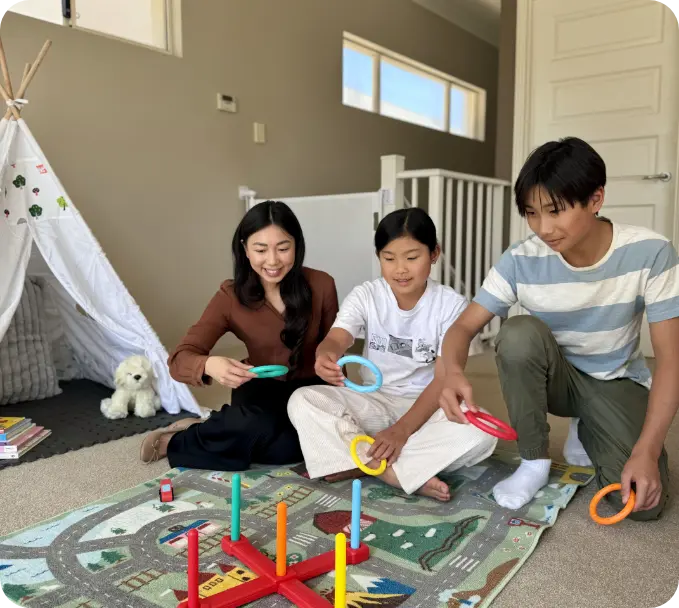





Speciality Areas
Harrisdale Mobile OT is a paediatric occupational therapy practice dedicated to supporting the development of children aged 1-18 years. Our experienced therapist provides tailored services to help kids reach their occupational goals, focusing on areas like gross and fine motor skills, social skills, emotional regulation, self-care, sensory processing, and handwriting. We work closely with families to create therapy sessions that cater to each child’s unique needs and learning style.

Our therapy sessions empower children to overcome challenges and achieve greater independence.





At Harrisdale Mobile OT, we are committed to supporting children in their developmental journey through expert pediatric occupational therapy.
Join our newsletter for the latest news and resources.